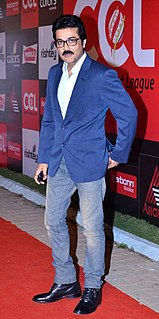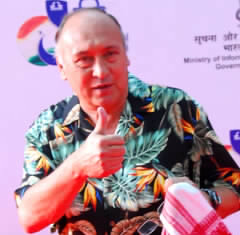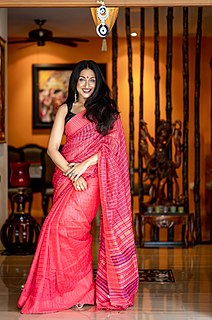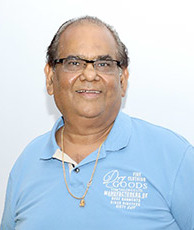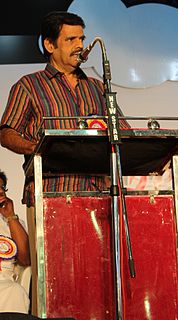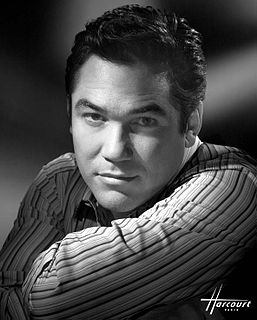A Quote by Ayushmann Khurrana
To begin with, I always want to go for scripts that do not have a reference in Hindi cinema. If it is novel and unique, it definitely has a better shelf value.
Related Quotes
I remember breaking the news to both my parents that I wanted to be a director, and they both looked very doubtful. They didn't know what a closet Hindi film buff I was. I used to dance to old Hindi films songs on the sly, so my decision to be a part of Hindi cinema was shocking even for my parents.
With repeated listenings, a piece eventually becomes its own being. I very often say to students that this is like meeting a person for the first time. When you first meet someone, you reference that person with others who are similar; but, as you get to know that person better, you begin to understand his unique qualities.
. . . you [film critics] always overstress the value of images. You judge films in the first place by their visual impact instead of looking for content. This is a great disservice to the cinema. It is like judging a novel only by the quality of its prose. I was guilty of the same sin when I first started writing for the cinema. . . . Now I feel that only the literary mind can help the movies out of that cul de sac into which they have been driven by mere technicians and artificers.


